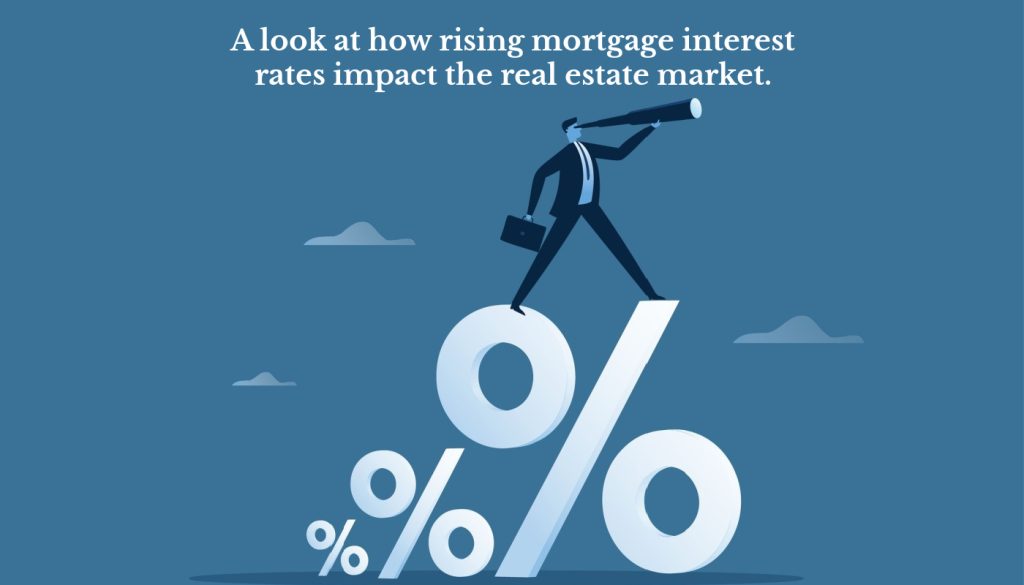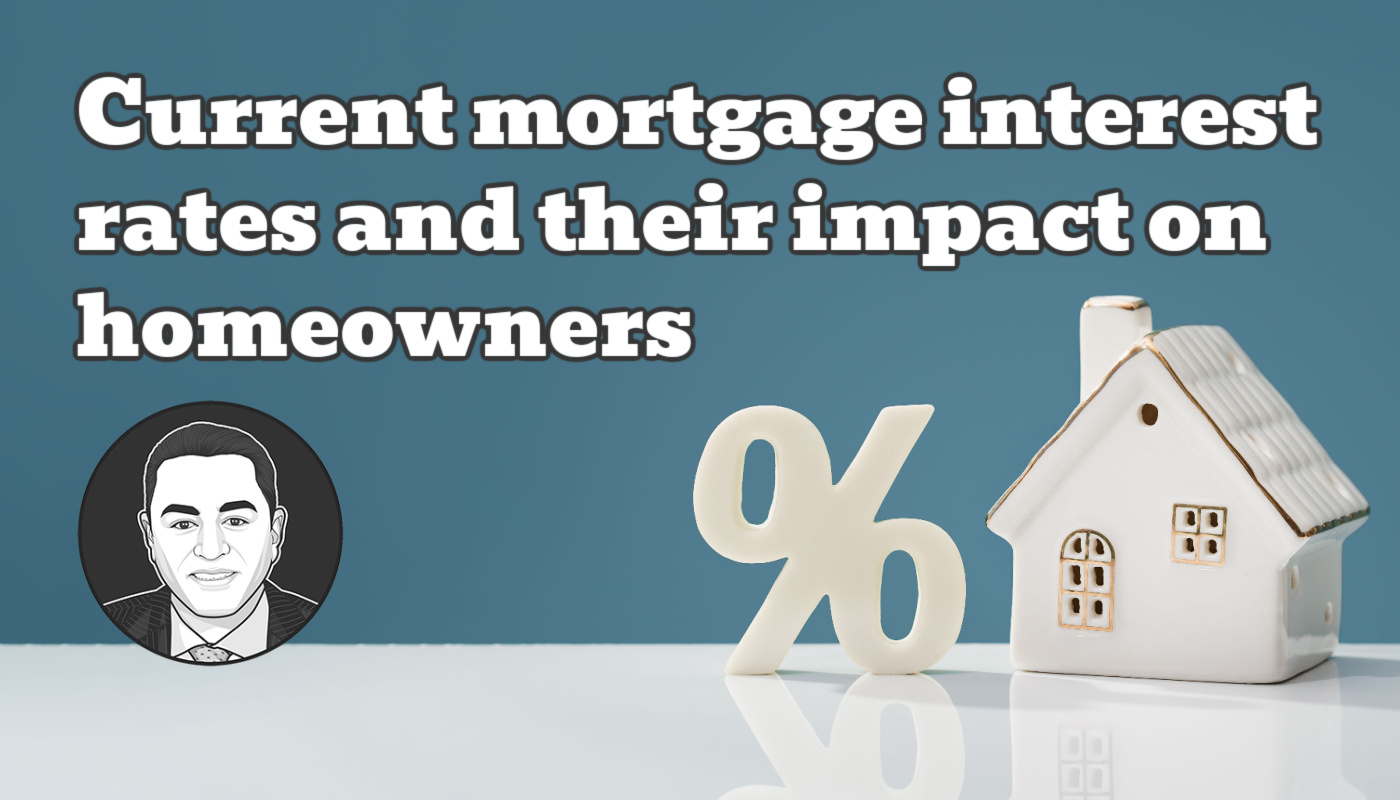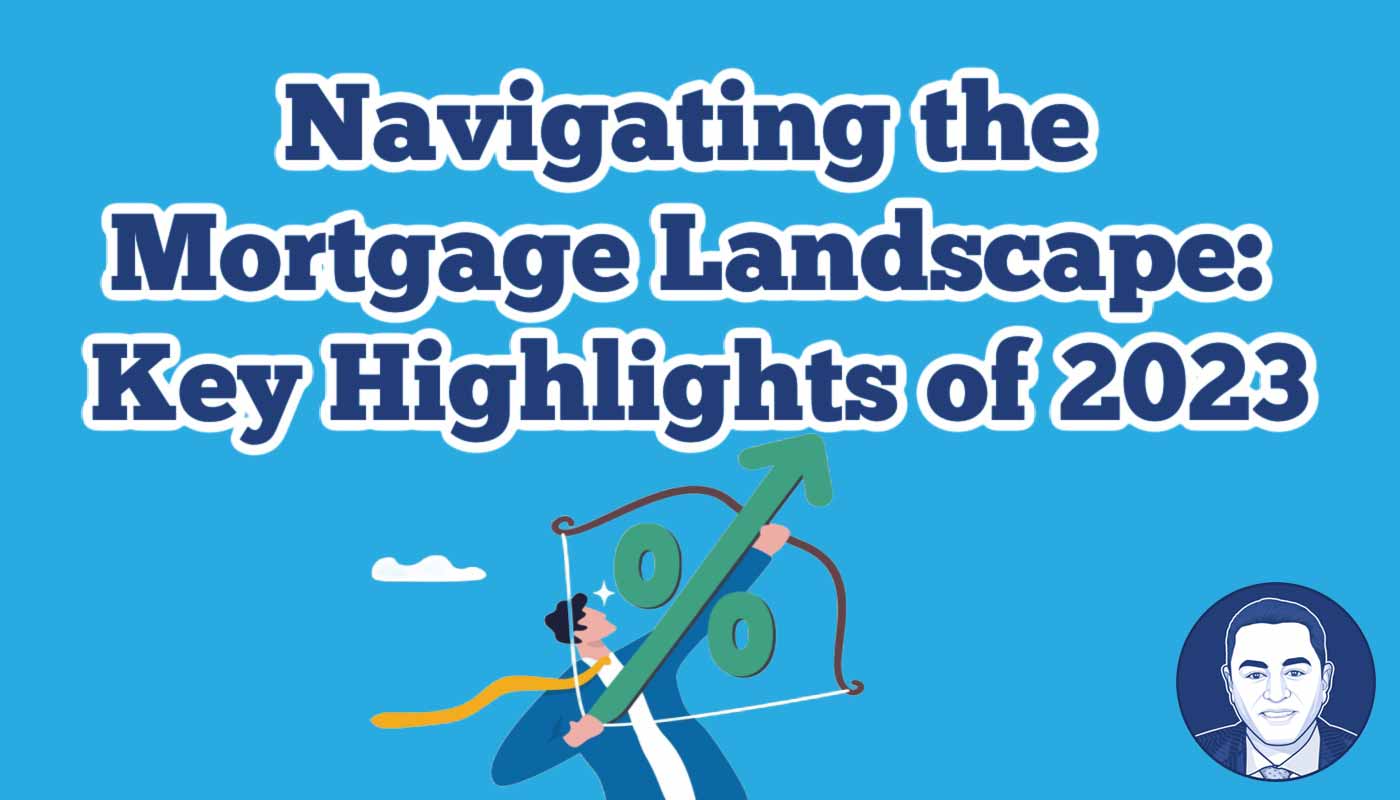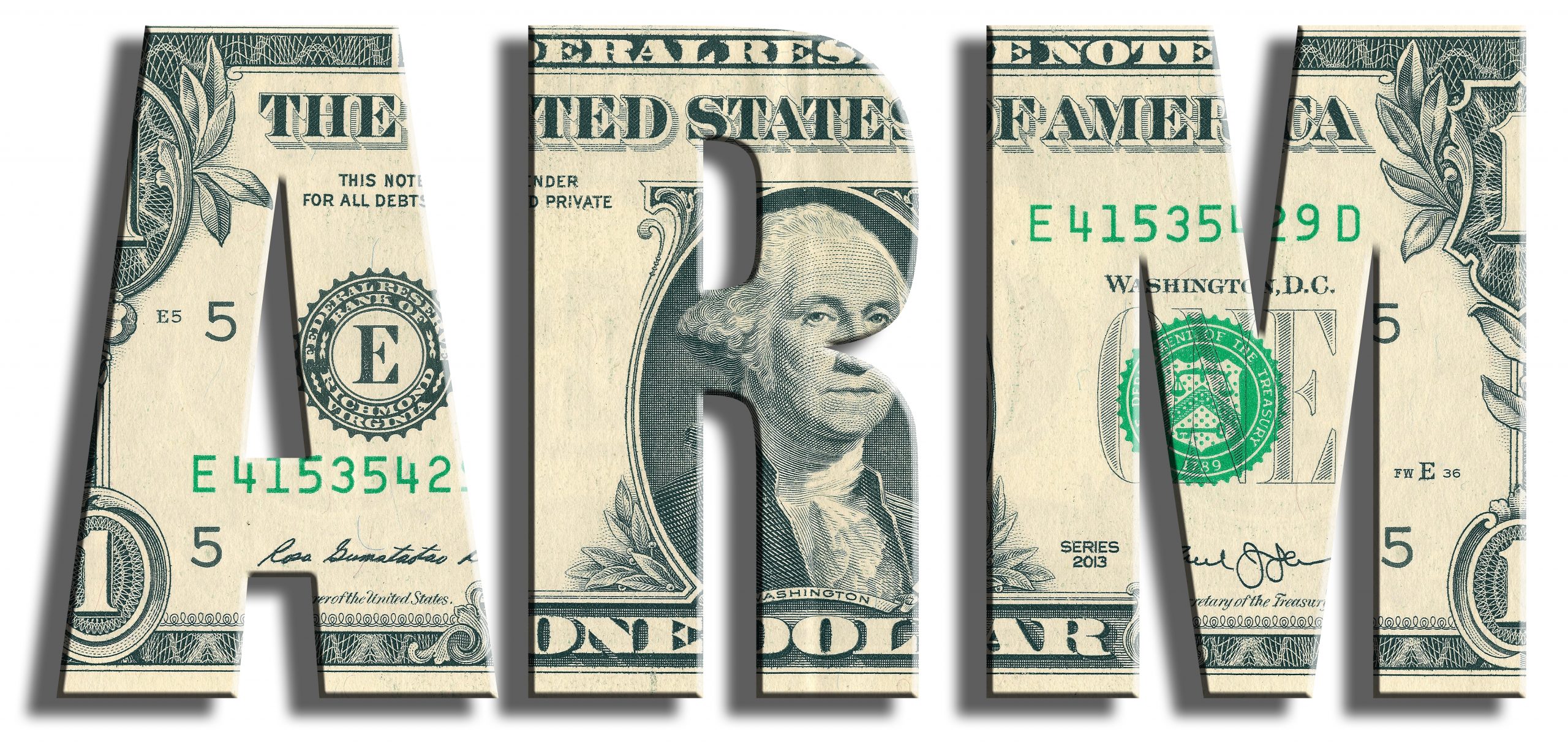The interest rate on a mortgage is an essential component of home-buying, as it significantly…
A look at how rising mortgage interest rates impact the real estate market.
Multiple factors drive the real estate market, with mortgage interest rates playing a key role. Recent trends have seen mortgage interest rates rise. The industry has felt a profound impact. Here, we explore how rising mortgage interest rates impact different aspects of real estate.
Impact on Real Estate Transactions
The rise in mortgage interest rates immediately impacts home sales by slowing down the pace and volume of real estate transactions. Borrowing costs increase as interest rates rise, making it more challenging for potential homebuyers to finance their purchases. As a result, there may be a decline in demand and a more extended time that properties are on the market.
Impact on Property Values
Mortgage interest rates can also affect property values. As affordability decreases due to higher monthly mortgage payments, buyers may be less willing or able to pay high home prices. In certain markets, this can lead to a slowdown in price appreciation. As interest rates rise, sellers may need to adjust their price expectations to attract buyers. Investors in the real estate market should carefully evaluate their investment risks and returns in light of a changing interest rate environment.
Impact on Buyer Behavior
Increasing interest rates prompt potential buyers to reevaluate their affordability and buying power. In times of rising borrowing costs, buyers may change their expectations, reconsider their budgets, or delay their homebuying plans. Due to this shift in buyer behavior, more affordable properties or different segments of the market may be in demand. For professionals in the real estate industry to provide the best service to their clients, they need to adapt their strategies and understand the changing demands of their clients.
Impact on Refinancing Activities
Rising mortgage interest rates can significantly impact the mortgage market and refinancing activity. Higher rates make refinancing less attractive for existing homeowners, as it may not provide sufficient cost savings. This reduction in refinancing activity can affect mortgage lenders and financial institutions that rely on loan origination fees and interest income.
Impact on Home Equity Line on Credit (HELOC)
Rising mortgage interest rates are increasing the demand for Home Equity Lines of Credit (HELOCs). Homeowners with substantial equity who are looking to leverage their finances but still wish to maintain their current low-interest rates they got during the pandemic are choosing HELOCs instead of a cash-out refinance.
The demand for a Home Equity Line of Credit (HELOC) has grown significantly in the last two years. According to CoreLogic, in 2022, the number of HELOC activities increased to its highest level since 2007.[1]
Conclusion
Real estate is affected in a variety of ways by rising mortgage interest rates. They influence sale activity, buyer behavior, property values, refinancing trends, and more. Professionals in the real estate industry, including agents, brokers, lenders, and investors, need to stay current with changing interest rates and adjust their strategies accordingly. Keeping informed, adapting to market dynamics changes, and providing clients with valuable insight can help industry participants navigate the impact of rising interest rates.




